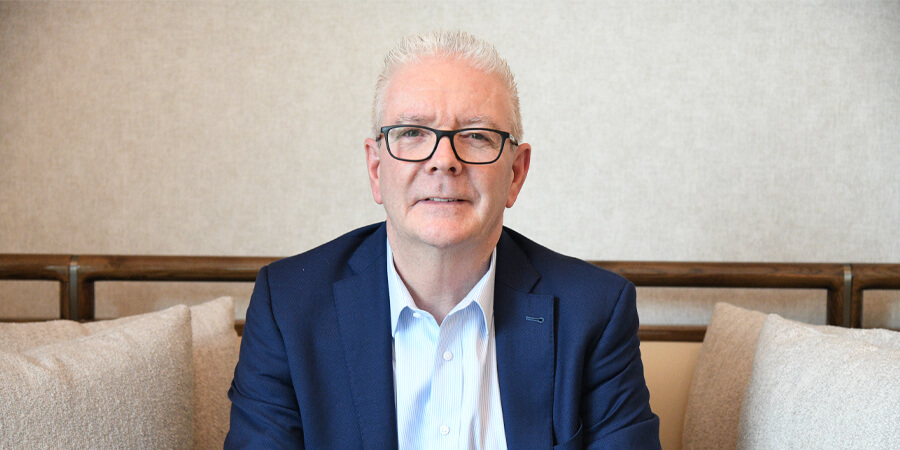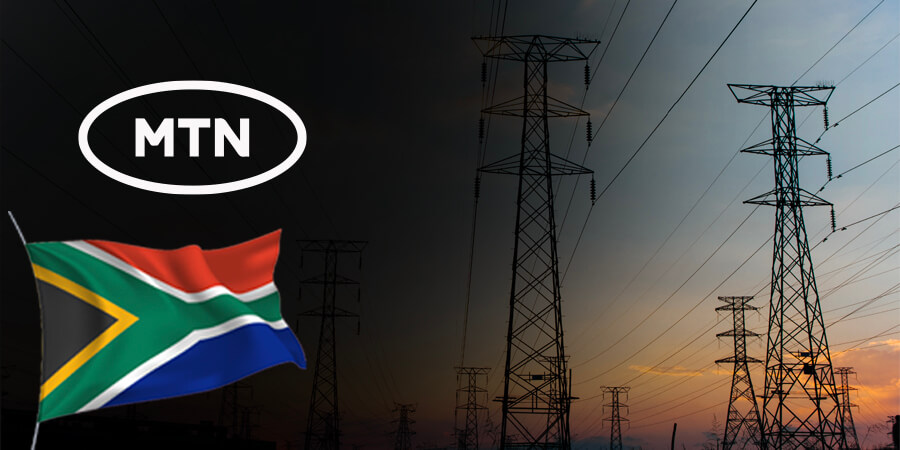State electricity utility Eskom is implementing the worst rolling blackouts on record, leaving households in the dark for up to 10 hours a day. The telecom industry is having to ramp up diesel generators to power its vast towers, roll out additional backup batteries and increase security at these sites to protect them from vandalism and theft, additional costs that are putting pressure on their margins.
The blackouts have not only impacted network availability for MTN but also some business functions which have hampered its customers' ability to recharge and upgrade their packages.
The effects of the power outages on its topline and costs resulted in an estimated negative impact of R695 million ($38.23 million) or 3.4%, on MTN South Africa's earnings before interest, tax, depreciation and amortization (EBITDA). This impact was for the year ended December 31.
As a result, MTN revised the EBITDA margin for MTN South Africa, its second-biggest market by revenue, to 37%-39%, down from 39%-42%.
Overall, with 289.1 million subscribers across 19 African markets, headline earnings per share growth by 16.9% and EBITDA grew by 14.3% in the period, with group service revenue up 15.3% at $196.5 billion.










































